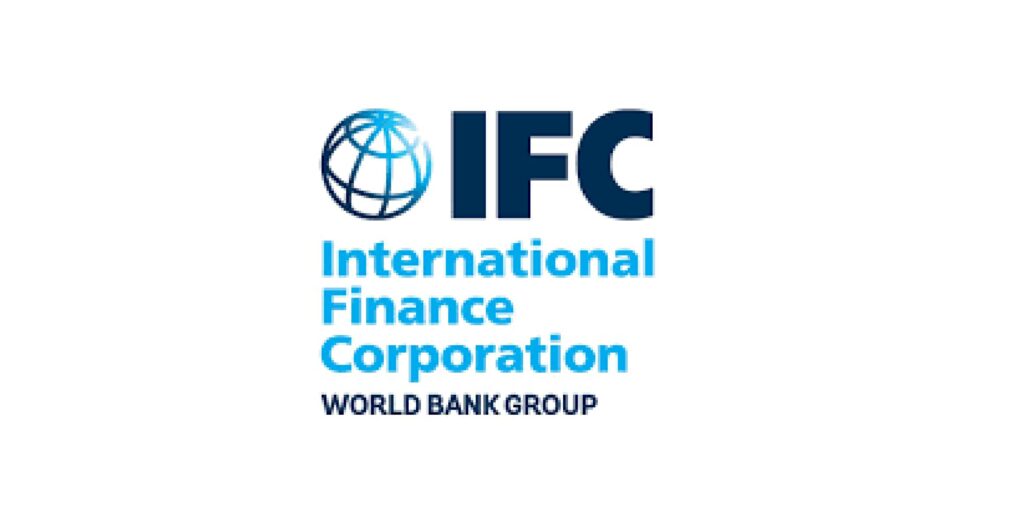
Midterm Evaluation of Climate Adaptation for Rural Livelihoods (CARL) in Zimbabwe Project
International Finance Corporation (IFC), the private sector arm of the World Bank Group (WBG), is the largest multilateral provider of financing for private enterprise in emerging markets. IFC’s Financial Institutions Group (FIG) strengthens local financial markets and institutions through investment and the provision of advisory services. These advisory services are centered on several thematic areas, including Agri-finance, Banking, Digital Financial Services, Financial Infrastructure, Gender, and Insurance. FIG Insurance Advisory interventions typically involve collaboration with insurance market players and regulators to develop sustainable markets for inclusive insurance. The ultimate objective is to improve insurance access by groups that are un (der) served by traditional markets. This in turn improves their resilience, encourages private investment, and supports economic development.
In November 2021, IFC launched a client preparation project (the “Project”) to advise the Zimbabwean insurance regulator (IPEC) on the drafting of index insurance regulation. This would ultimately promote the responsible and sustainable development of resilience-building products for farmers in the country. In addition, to improve IPEC and other players’ understanding of the index insurance landscape, IFC is also conducting the following:
- An assessment of the demand for index insurance among smallholder farmers and value chain players that aggregate or provide services to these farmers.
- An assessment of the appetite for index insurance among insurance industry players as well as constraints to their involvement.
Research Methods International was contracted to survey smallholder farmers within five pre-identified value chains. The survey objective was to collect information required to identify key risks, current coping mechanisms, insurance appetite, and potential insurance solutions for smallholder farmers.
The pre-identified priority crops from which farmer samples will be drawn are: maize (1.17 million), cotton (338,504), sunflower (1.17 million), soybeans (50,000), and groundnuts (1.5 million). The estimated number of smallholder farmers in each of the previously mentioned value chains is included in brackets. The priority crops have been identified based on the number of smallholder farmers involved, extent of active female participation, level of value chain organization, level of climate risk exposure, importance to the economy and food security, among other factors.
